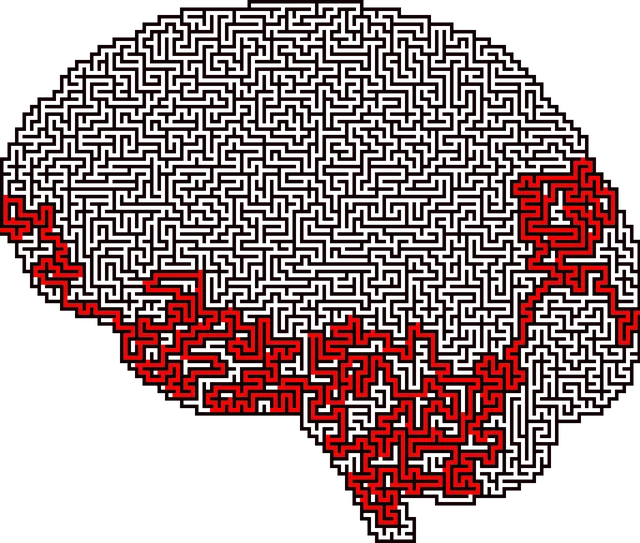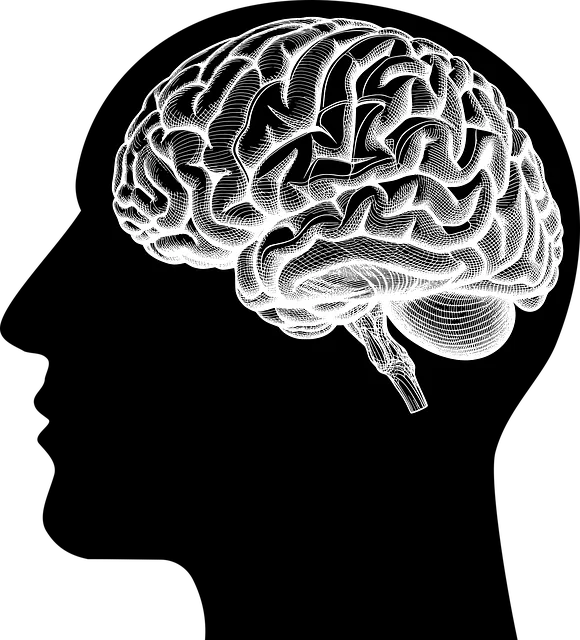Crisis Intervention Teams (CITs) in Denver rely on specialized training from Denver Kaiser mental health classes to de-escalate mental health emergencies using evidence-based techniques. These classes combine theoretical knowledge with practical skills, fostering confidence and resilience among team members. By normalizing help-seeking within the community, CITs improve outcomes for individuals experiencing crises. Essential components of effective CIT training include comprehensive Denver Kaiser mental health classes, burnout prevention strategies, cultural sensitivity, and social skills training.
“In today’s challenging landscape, effective crisis intervention teams (CITs) are pivotal in providing immediate and competent support during mental health crises. The Denver Kaiser approach to training stands out as a comprehensive solution, offering unique features tailored for optimal learning. This article delves into the role of CITs, explores Denver Kaiser’s innovative training methods, and highlights essential components for effective crisis intervention team training programs, with a focus on the transformative benefits of Denver Kaiser mental health classes.”
- Understanding Crisis Intervention Teams: Role and Importance in Mental Health Support
- Denver Kaiser's Approach to Training: Unique Features and Benefits for Participants
- Essential Components of Effective Crisis Intervention Team Training Programs
Understanding Crisis Intervention Teams: Role and Importance in Mental Health Support

Crisis Intervention Teams (CITs) play a vital role in mental health support, especially in communities like Denver where access to specialized services is crucial. These teams are designed to provide immediate assistance during crises, de-escalating situations and offering evidence-based solutions. Members of a CIT are typically trained in various skills such as Conflict Resolution Techniques, which help defuse tense interactions, Self-Esteem Improvement strategies to build resilience, and Coping Skills Development for both the individual in crisis and their support network.
Through comprehensive Denver Kaiser mental health classes, CIT members learn to recognize warning signs, assess risks, and implement interventions that can prevent escalating crises. Their training equips them with the tools to provide compassionate care, ensuring individuals in mental health emergencies receive the support they need without further exacerbating the situation. This proactive approach not only improves outcomes for those experiencing crises but also fosters a community where seeking help is normalized.
Denver Kaiser's Approach to Training: Unique Features and Benefits for Participants

Denver Kaiser’s approach to mental health classes stands out for its unique blend of theoretical understanding and practical skills training. Their programs are meticulously designed to equip participants with effective crisis intervention techniques, fostering both confidence boosting and resilience building in high-pressure situations. Unlike traditional workshops that focus solely on theory, Denver Kaiser emphasizes hands-on exercises, role-playing scenarios, and real-world case studies, allowing trainees to apply learned strategies immediately.
This immersive learning environment promotes not just mood management, but also enhances emotional intelligence and empathy. Participants gain the ability to recognize subtle cues of distress, de-escalate volatile situations, and provide immediate support. Denver Kaiser’s innovative methods have been proven effective in diverse settings, making their training highly valuable for professionals across various fields who regularly encounter individuals in crisis.
Essential Components of Effective Crisis Intervention Team Training Programs

Effective crisis intervention team (CIT) training programs are multifaceted and crucial for fostering a supportive environment in healthcare settings. These programs should encompass several key components to ensure their success. First, they must provide comprehensive Denver Kaiser mental health classes that cover various crisis scenarios, enabling participants to gain practical skills in managing high-pressure situations. This includes training in de-escalation techniques, active listening, and trauma-informed care, which are essential for building resilience among both team members and patients.
Moreover, CIT programs should prioritize burnout prevention strategies for healthcare providers by integrating stress management workshops and self-care practices. Cultural sensitivity in mental healthcare practice is another vital aspect that should be emphasized to ensure inclusive and effective interventions tailored to diverse patient populations. Additionally, incorporating social skills training within the curriculum enhances team dynamics, communication, and collaboration among CIT members, fostering a cohesive unit prepared to respond effectively during crises.
Crisis intervention team (CIT) training programs, such as those offered by Denver Kaiser mental health classes, play a pivotal role in equipping individuals with the skills to support those facing mental health crises. By understanding the unique dynamics of CITs and prioritizing comprehensive training, we can enhance community safety and improve outcomes for people in need. Effective programs like Denver Kaiser’s not only empower bystanders to intervene but also foster a more supportive and resilient mental health ecosystem.






